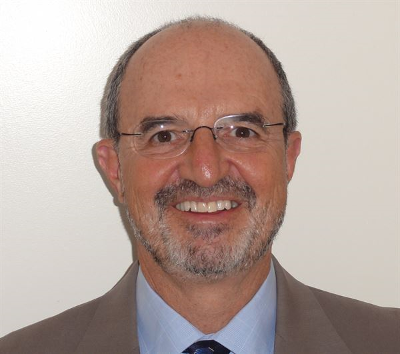|
After medical school at Tufts he completed his residency in emergency medicine at Denver General Hospital in 1979. He was the Research Director there for 1 year and then was the Editor in Chief at Micromedex developing the EMERGINDEX system which was the first emergency medicine textbook using CD technology. He became Section Head of Emergency Medicine at the University of Colorado School of Medicine in the Department of Surgery in 1985 and then became Division Head in 1992. During that time he was a consultant at the Colorado Department of Public Health and Environment where he served as the Medical Director for EMS and Trauma and helped to develop the trauma system for the state. In 2003, he started the Altitude Research Center at the medical school, a position he held until 2010. He led the effort for the Division of Emergency Medicine to become an academic department in the medical school which occurred in January 2010. He served as Interim and Founding Chair until 2012. He is now the Associate Dean for Clinical Outreach for the School of Medicine and the Medical Director for Clinical Outreach for the University of Colorado Hospital. He was also the Medical Director of the Altitude Medicine Clinic at the University of Colorado Hospital from 2003 -2104. Dr. Honigman has published over 100 papers in the areas of altitude medicine, trauma care and pre-hospital activities. He became a Professor of Emergency Medicine in 2002 and has been instrumental in the development of a strong research and educational program of emergency medicine and altitude medicine in the School of Medicine. His main interest in altitude is the adaptation of visitors to moderate altitude and the impact on co-morbid conditions for individuals living at moderate elevation. |
|
“Altitude adaptation” invokes dramatic images of climbers in the high mountains of the Alps, the Himalaya and the Andes, yet most altitude travel is done by average people going to moderate elevations. In fact, more people travel annually to heights of 7-10,000 feet in Colorado than they do anywhere else in the world. We know much about what happens to these travelers—25% develop a mild form of altitude sickness while a very small number develop more serious forms of this maladaptive problem. Much less is known about what happens to individuals who live at these elevations over a long period of time. Almost one million people in Colorado and millions more worldwide, live above 7000 feet. Research on individuals in remote countries like Nepal, Bolivia or Ethiopia is not only difficult but also raises questions about life style, disease, and diet, as well as genetic adaptations acquired over generations. Colorado offers a robust “laboratory“ in which to investigate the impact of living at moderate elevations on heart and lung problems, cancer, pregnancy and many other conditions. “Hypoxia” or the lack of oxygen is the underlying cause of altitude illness and is also a fundamental problem in many disease states. We believe that information gained from our altitude research will help further our understanding of these medical problems. We will explore what we know and what we hope to discover about this fascinating public health issue. |

 Benjamin Honigman, MD, is Professor and Founding Chair of Emergency Medicine, and Associate Dean for Clinical Outreach, at the University of Colorado School of Medicine.
Benjamin Honigman, MD, is Professor and Founding Chair of Emergency Medicine, and Associate Dean for Clinical Outreach, at the University of Colorado School of Medicine.